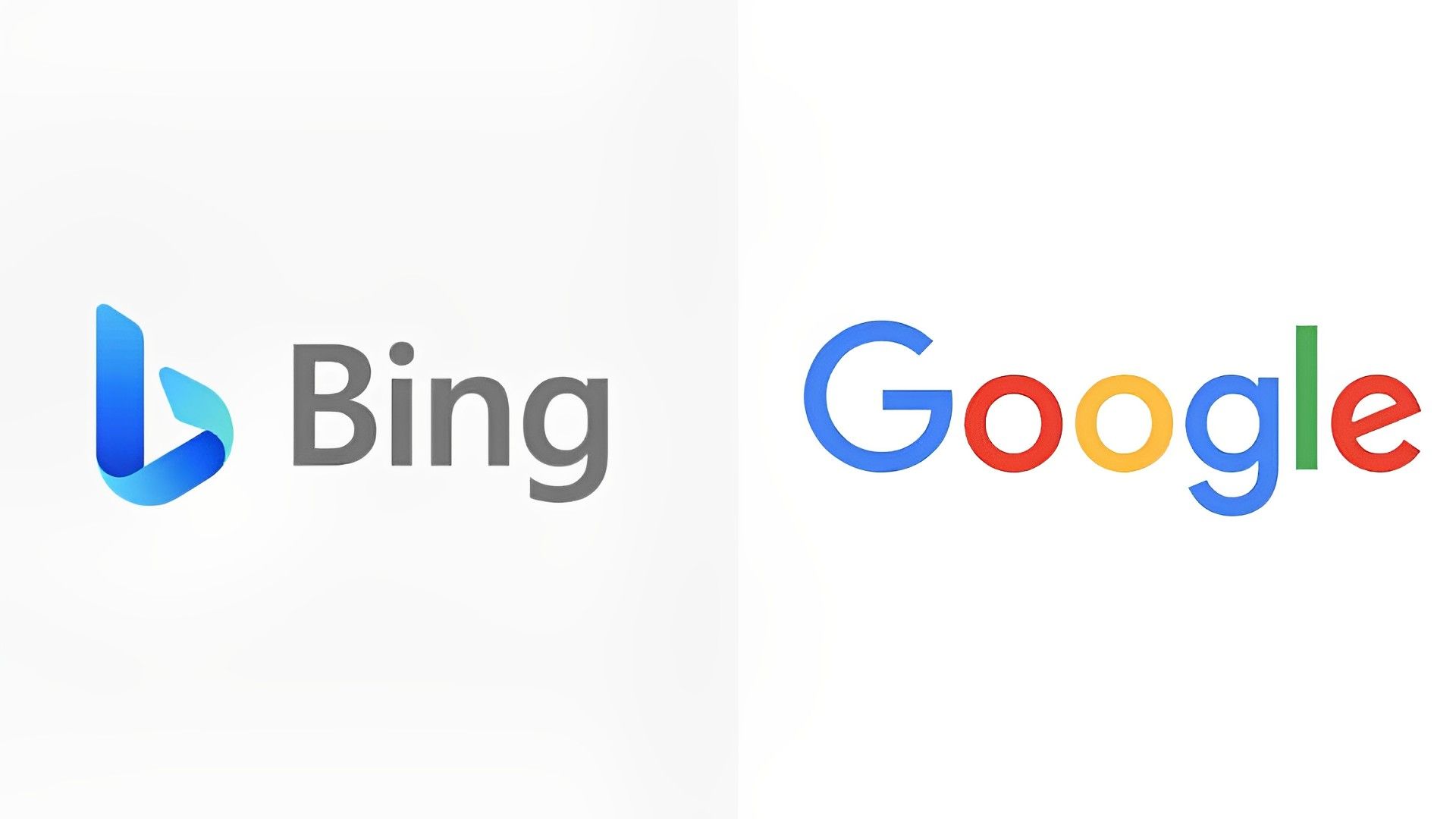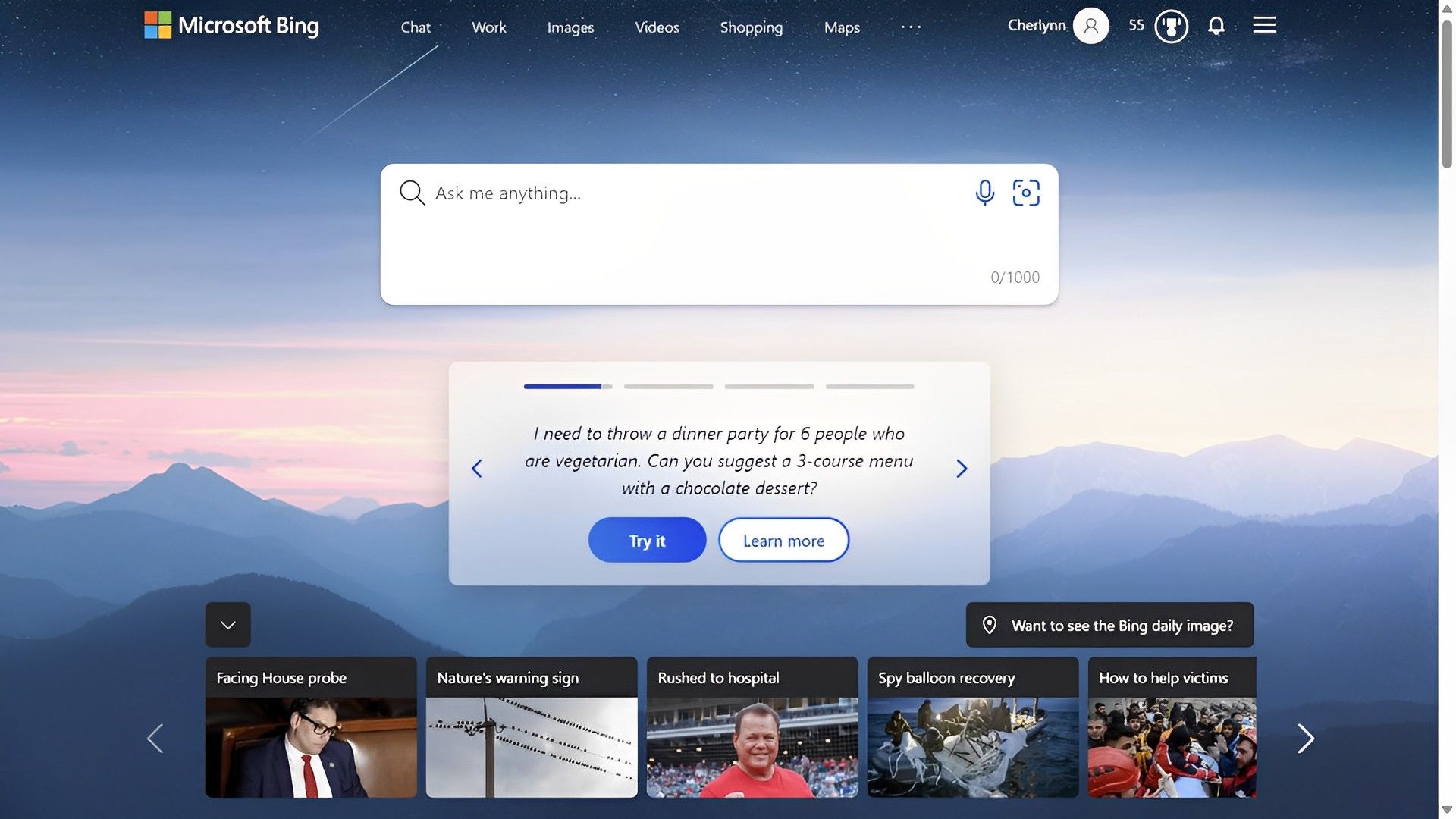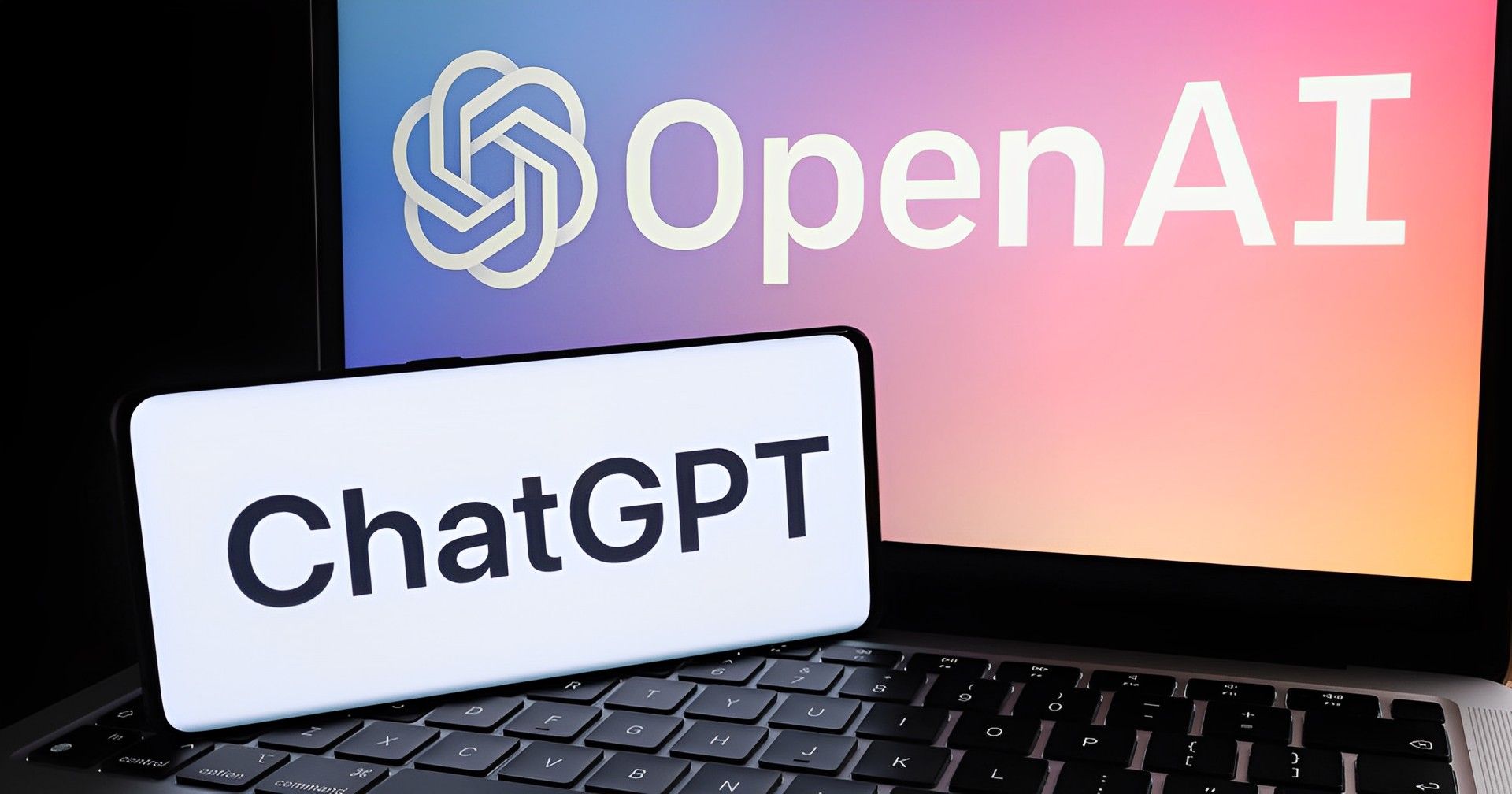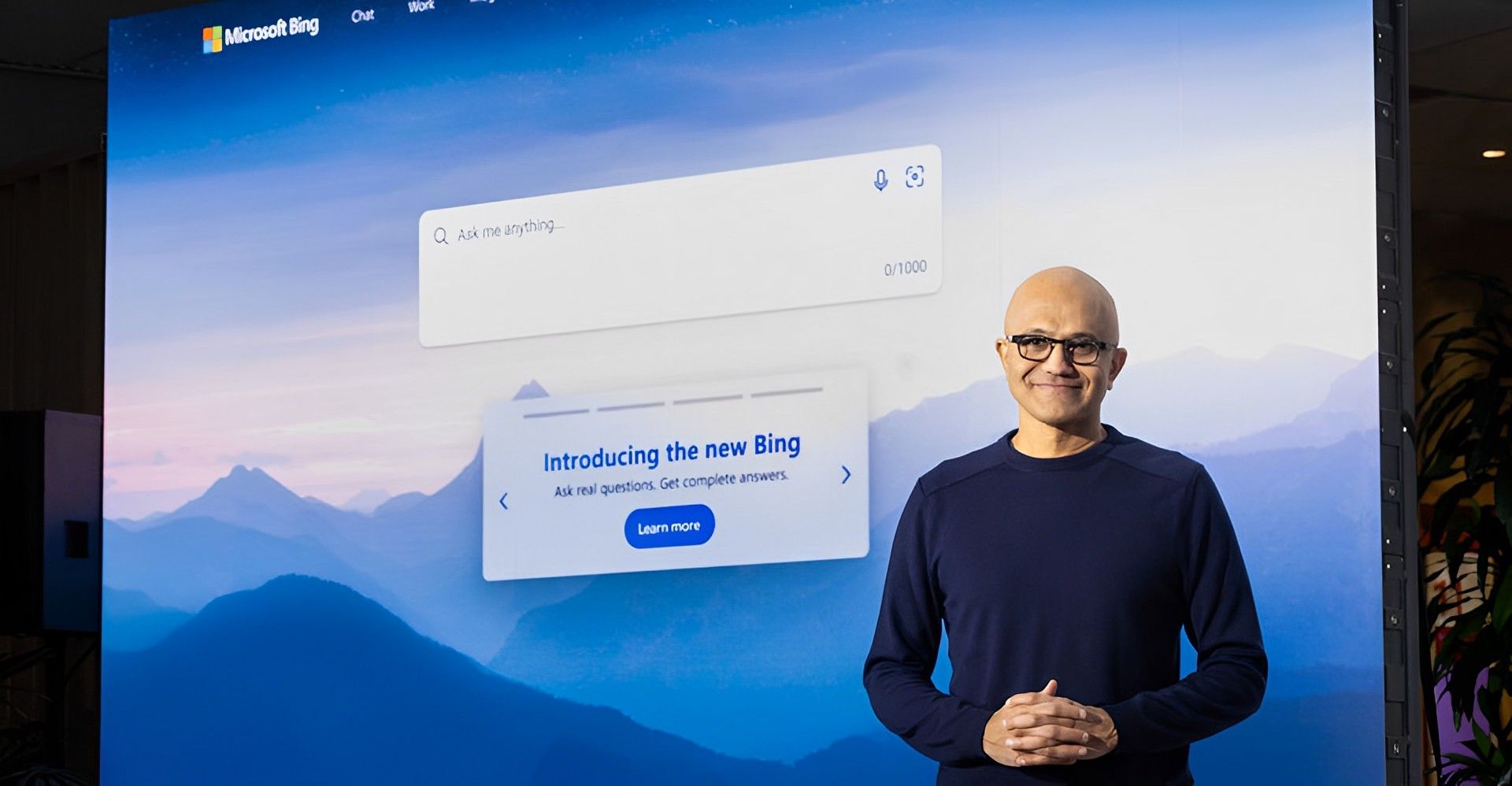Not even a week after its release, the Bing AI error surprises users with factual failure. According to the company’s promotional movie used to introduce the product last week, Microsoft’s new AI-powered Bing search engine generated misleading information on products and locations and could not appropriately summarize financial documents.
After months of rumors, Microsoft’s CEO Satya Nadella has verified reports that a ChatGPT-rivaling OpenAI chatbot would support Bing. At a special, invite-only press event hosted at the company’s headquarters in Washington, new features exhibiting Bing’s promise to improve web search flexibility and effectiveness were demonstrated. The new search engine feature can currently be tested on all PCs, but the factual errors of the new feature are worrying users.
How will Bing AI error affect the AI race?
The following day of Google’s revelation of its AI-powered search engine, details of which you can read in this link, Bard received harsh criticism for a factual inaccuracy on the James Webb Space Telescope. Shortly after, the market capitalization of Alphabet, the parent company of Google, suddenly fell by 9%, a loss of over $120 billion, leading analysts and investors to speculate that Alphabet was losing to Microsoft. We explained the issue further in our article: Bard AI wrong answer cost roughly 120 billion to Alphabet.

Actually, Bing from Microsoft and Bard from Google seems to be both equally as bad. Both businesses released subpar AI chatbots that produced text with erroneous information, but Microsoft’s errors took longer to be discovered. Now, search engine expert Dmitri Brereton has discovered some of its faults.
How bad is the Bing AI error?
To point out the Bing AI error, Brereton brought up Bing’s assertion that a particular pet hair vacuum cleaner, although being a handheld device, had a “short chord length of 16 feet” and might be too loud. However, according to a link that summarized information from the website Bing, the vacuum is genuinely cordless and quiet. Therefore the Bing AI error isn’t subtle at all.
In one of the demonstrations, Microsoft’s Bing AI utterly fails in an attempt to summarize a financial report for Gap clothing for the third quarter of 2022. According to the Gap report (PDF), the gross margin was 37.4% and the adjusted gross margin, excluding impairment charges, was 38.7%. Bing gives an incorrect gross margin of 37.4% after adjustment and impairment charges.

“Bing AI got some answers completely wrong during their demo. But no one noticed. Instead, everyone jumped on the Bing hype train,” Brereton explains. “Google’s Bard got an answer wrong during an ad, which everyone noticed. Now the narrative is ‘Google is rushing to catch up to Bing and making mistakes!’. That would be a fine narrative if Bing didn’t make even worse mistakes during its own demo.”
Why did AI-powered search fail?
Although users are surprised and disappointed, nothing about the Bing AI error is unexpected. The new Bing and Bard’s language models are prone to creating text that is frequently untrue. They acquire a concept of generating text by guessing which words should come after a particular set of sentences in an input query, with no knowledge of the massive amounts of data they have been feeding themselves during their training. It’s referred to as a ‘hallucination’ by experts. Hallucination seems to be the problem that caused both Bard’s factual inconsistencies and the Bing AI error.

No matter how appealing the technology seems, AI-powered search cannot be trusted if Microsoft and Google are unable to correct the hallucinations in their models. Even while chatbots are simple and entertaining to use, what good are they if they can’t provide users with accurate, valuable information? Although automation frequently makes the claim that it will lighten human tasks, present AI will only increase our effort level as we try to minimize errors.
If the company fails to fix the Bing AI error, the news is expected to spread and decrease faith in the AI-powered search engines even further. The hype seems to be high, but the failure to meet the hype only leads to disappointment, as is the case for both Bard and Bing AI.





